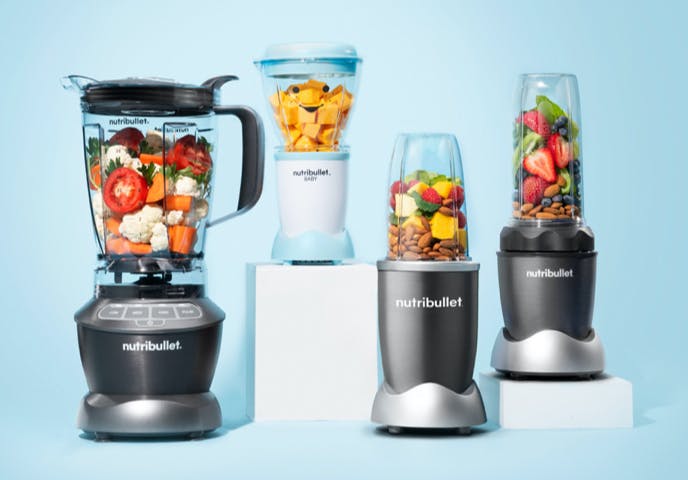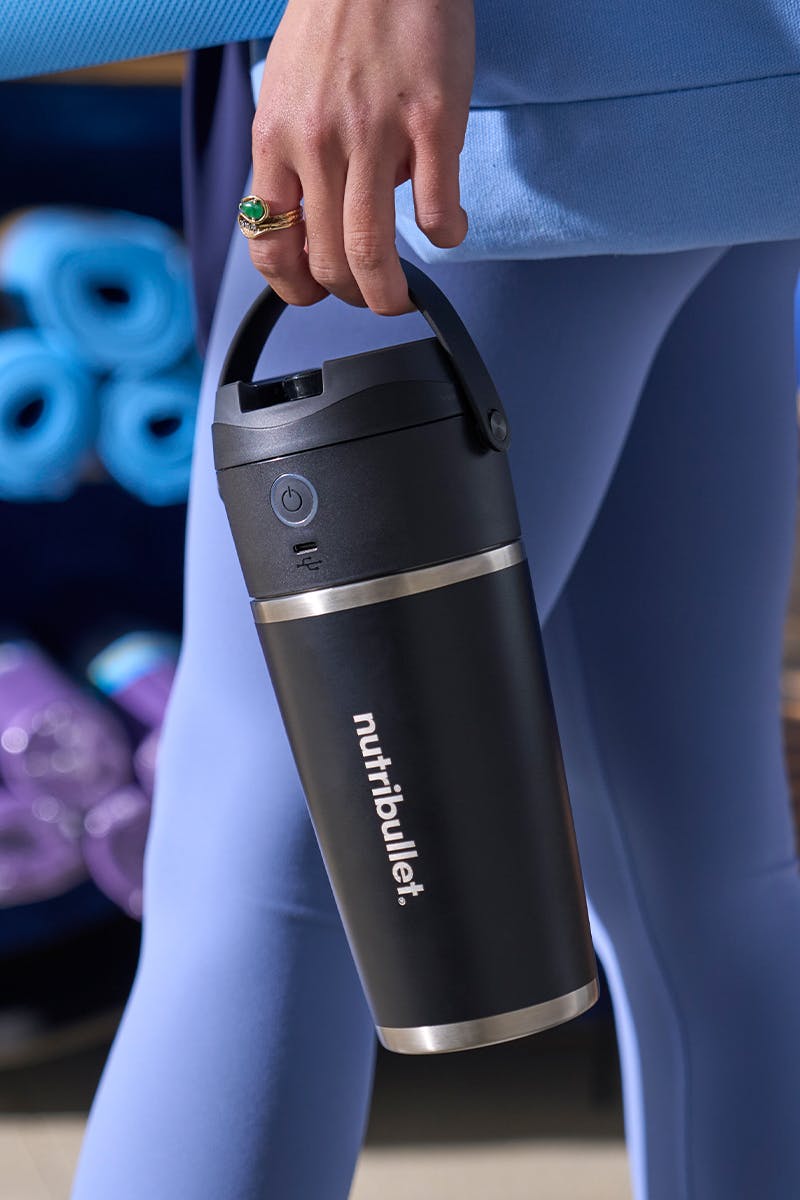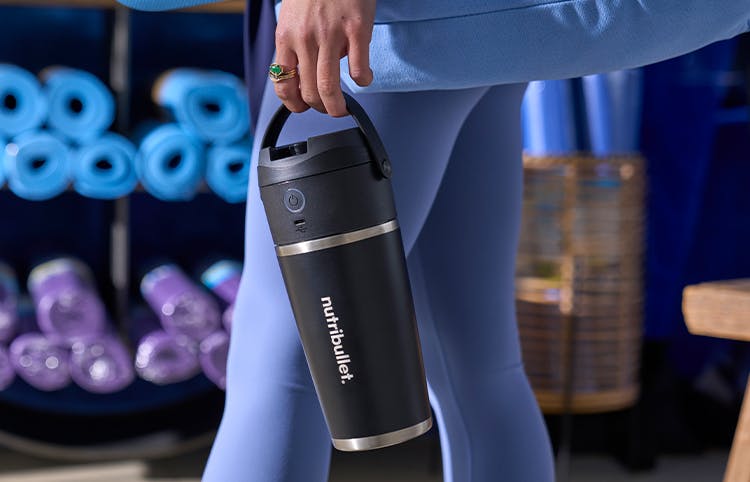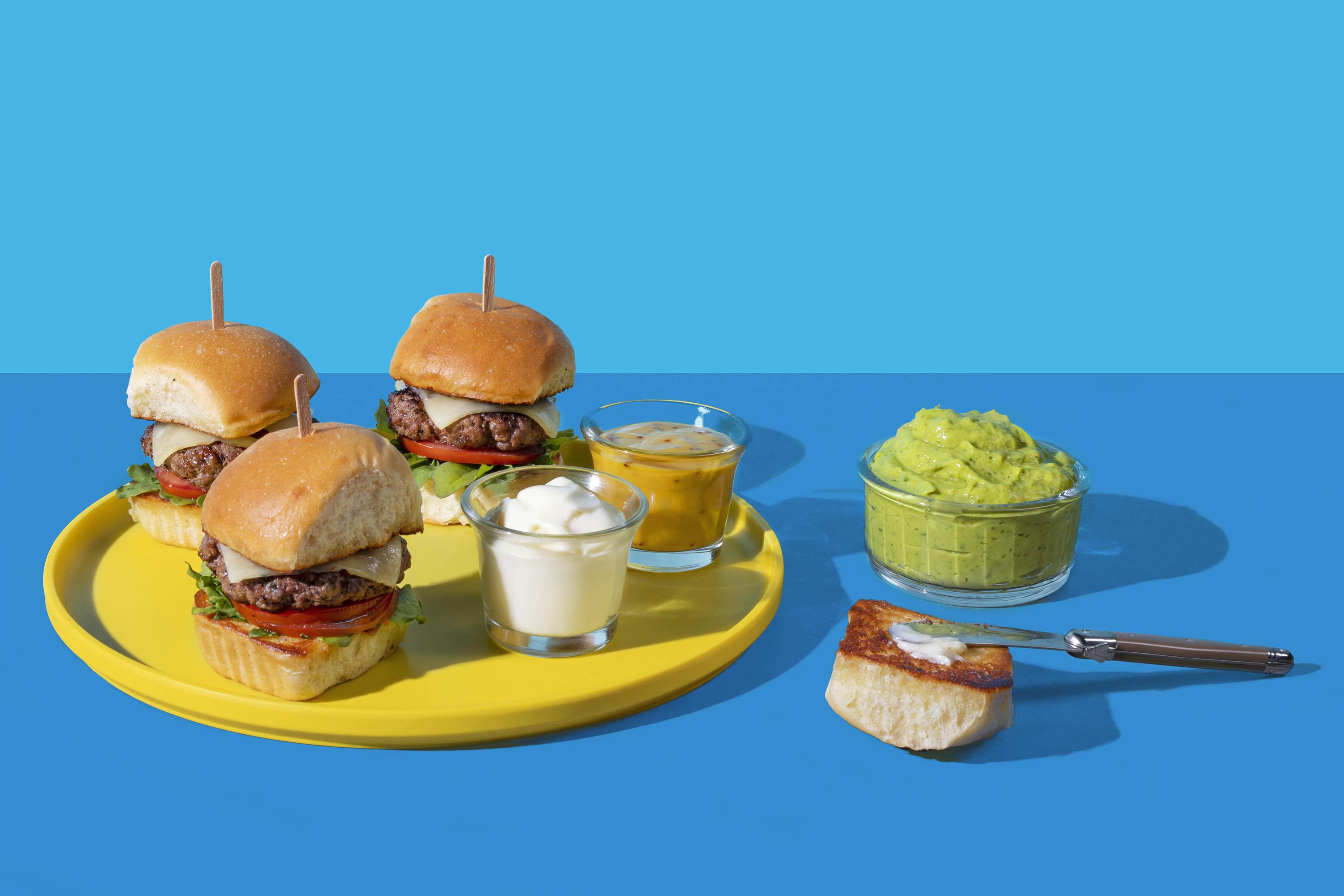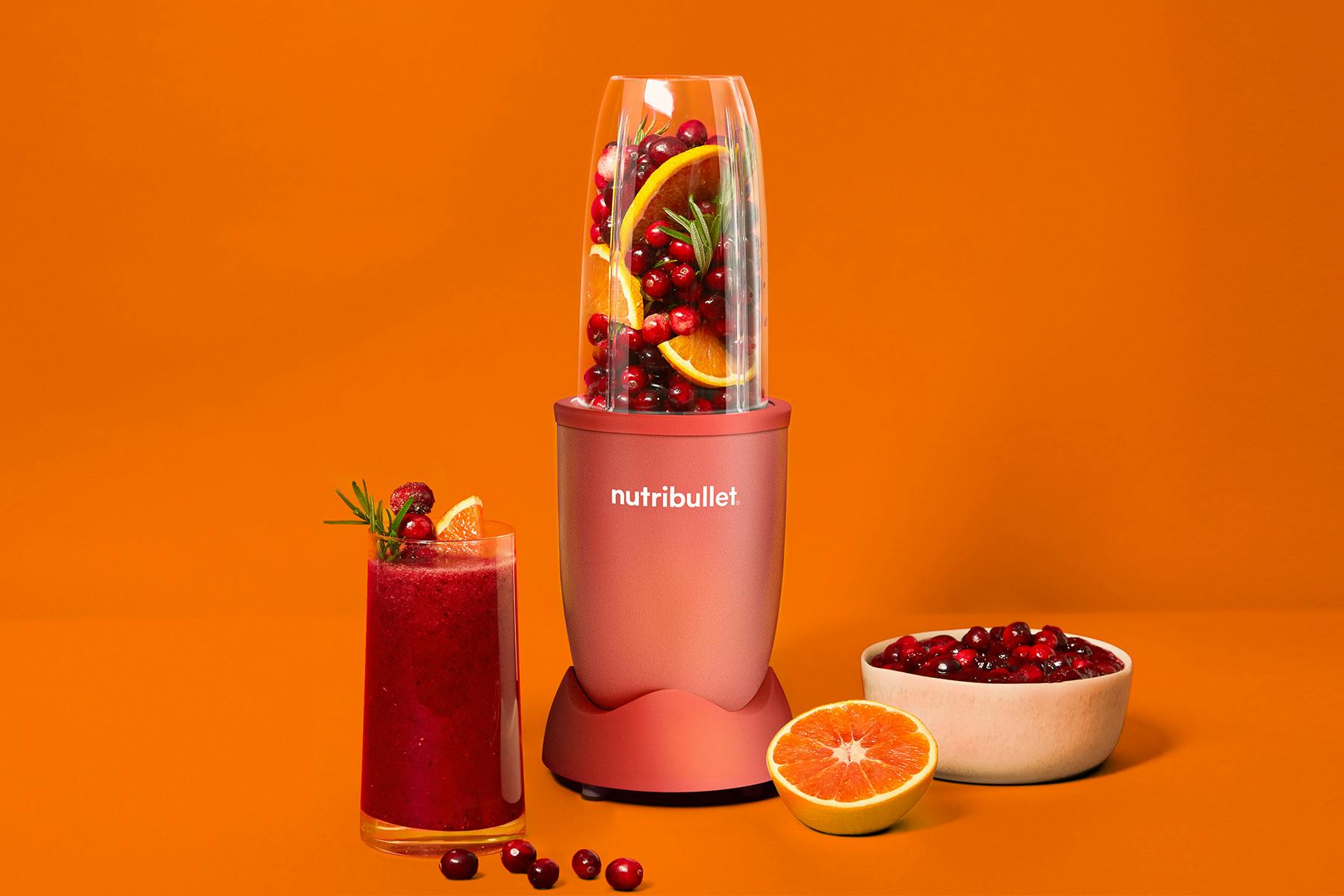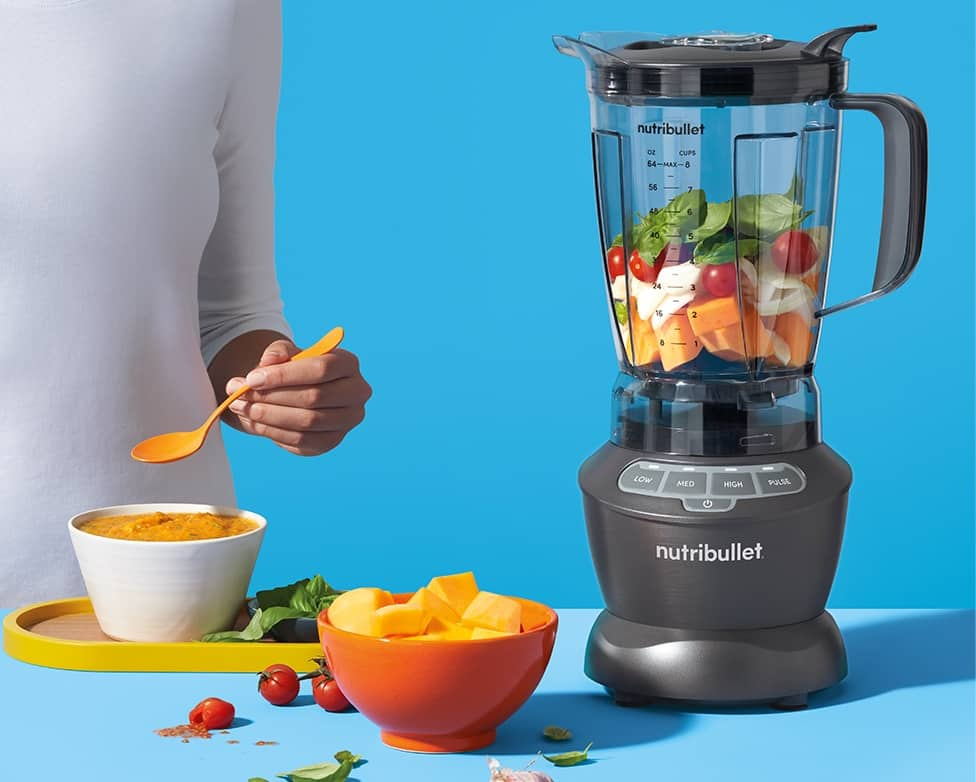You know the in-flight safety spiel: put on your oxygen mask before helping others. As women, it often feels like the world is commanding us to prioritize everyone else’s wellbeing above our own, but the message rings true as much on the ground as it does in the air: before we can make ourselves available to care for and support others, we must care for and nourish ourselves. On a physical level, this means ensuring our bodies receive the quality nutrition they need to function healthfully.
Fueling your body with nutritionally rich foods can encourage your brain to buzz at optimal levels, boost immunity, and help to ward off life-threatening chronic diseases. Most importantly, it can give you the strength and energy you need to do the things you want to do, whether it’s running a marathon or running for office.
But, just like how style or music preferences evolve over the course of our lifetime, so do our nutrition needs. Certain key nutrients – at different phases of life – are important to keep you thriving.
Below are some key nutrients for women to keep in mind.
Calcium
Women must be especially cognizant of bone health, as we are more at risk for issues like osteoporosis as we age. One way to keep bones healthy is to feed them calcium ideally alongside vitamin D. Evidence shows that incorporating these two nutrients into the diet is one of the best ways to preserve bone density and prevent bone fractures.
While calcium is important for women of all ages, two groups typically need to take in higher levels: young girls, whose healthy bone growth has a direct impact on their likelihood of developing osteoporosis later in life, and post-menopausal women, whose lower estrogen levels may increase the risk for developing osteoporosis.
To ensure you’re receiving enough, aim to include three servings of calcium-rich foods each day. Examples include almonds, kale, calcium-fortified orange juice, yogurt, milk, or cottage cheese. Combining these with vitamin-D rich foods, like fatty fish and eggs, will help you absorb the calcium in your diet.
Iron
Iron deficiency is the most common nutrient deficiency in the United States, and it is specifically of concern for women of childbearing age. When the body lacks iron, red blood cells can’t meet its oxygen demands. And without adequate oxygen, muscle, brain, and other cells can’t perform their best.
We can get iron from animal sources like meat, poultry, or fish, or plant sources like beans, peas, dark green leafy vegetables, and dried fruit. Since vitamin C increases iron absorption, aim to consume vitamin C-rich foods, such as citrus fruits, berries, tomatoes, bell peppers, and broccoli alongside iron-rich foods. This is especially important for people relying on plant-based sources of iron, which is less readily absorbed by the body.
Folic Acid
Folic acid, the man-made form of folate, is another nutrient that’s incredibly important for women of childbearing age. Research shows folate or folic acid supports a healthy pregnancy, reducing the risk of serious birth defects of the spine and brain, also known as neural tube defects. Folate-rich diets have also been associated with decreased risk of cardiovascular disease and can reduce the risk of developing folate-deficiency anemia. Sources include fortified orange juice, spinach, broccoli, peanuts, avocado, and enriched-grain products and fortified breakfast cereals.
Protein
Sarcopenia, the progressive loss of muscle mass and strength, is of particular concern as women age. Emerging research indicates that we may need more protein than previously thought to help maintain lean body mass and improve our ability to cope with illness or bodily stress. Yet, data indicate that protein intake declines as the years go on. To combat this, aim to include a good quality source of protein with each meal or snack.
Water
Your body is roughly 60 percent water, and for good reason: water in the body helps to cushion joints and organs, transport essential nutrients, maintain internal temperature and electrolyte balance, and eliminate waste. While most of us know the importance of staying adequately hydrated, breastfeeding women need even more water than usual, too. For those who are nursing, aim to drink a glass of water every time you nurse and with each meal.
While women are out multitasking to the max, conquering a never-ending to-do list and fulfilling their dreams – it’s more important than ever that they put their health and nutrient needs at the forefront. This starts with fueling up on nourishing foods: fruits, vegetables, whole grains, healthy fats, and quality proteins.










